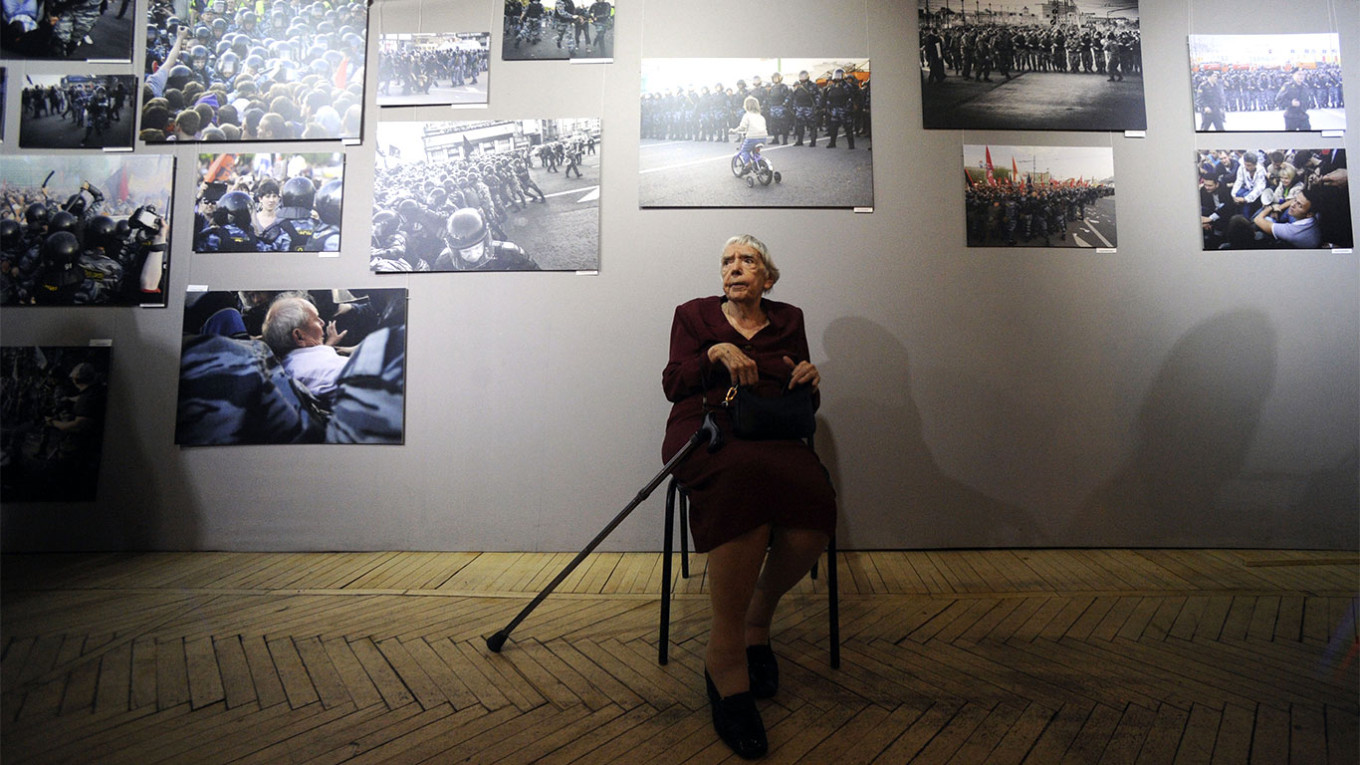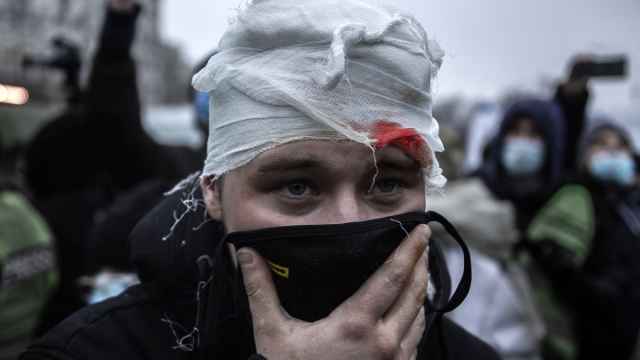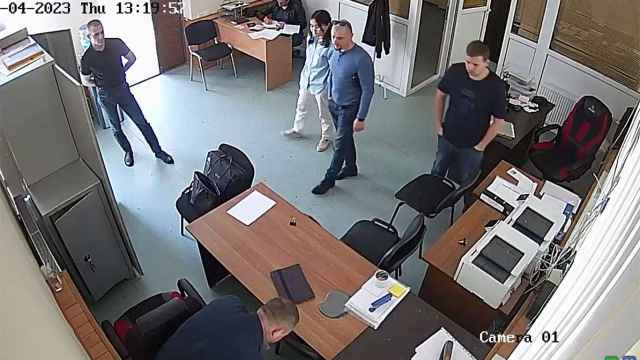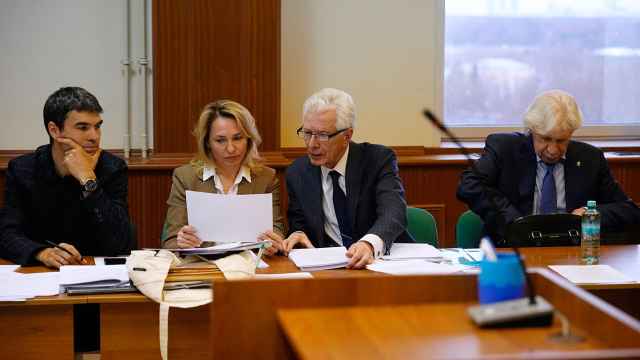Russian and international human rights activists on Thursday condemned the dissolution of the Moscow Helsinki Group (MHG), Russia's oldest independent human rights organization after it was ordered to close by a Moscow court the day before.
“The shutdown of the organization is the final nail in the coffin in the destruction of the human rights movement in Russia,” said Lev Ponomarev, an MHG member, and prominent human rights activist.
“The Helsinki Group was a symbol of the human rights movement and a beacon for regional human rights organizations in the country,” Ponomarev told The Moscow Times.
The MHG was set up in 1976 by physicist Yuri Orlov during a press conference held at the Moscow apartment of Nobel Peace Prize-winning physicist Andrei Sakharov. A year before, the Soviet Union had signed the Helsinki Accords, which pledged signatories to respect human rights and fundamental freedoms.
Other founding members of the organization included dissidents Yelena Bonner and historian Lyudmila Alexeyeva, who died in 2018.
“In recent years, Putin’s regime has acquired the features of a totalitarian state and it’s incompatible with any independent human rights organization," said Oleg Orlov, a laureate of the MHG and a member of Memorial, another prominent human rights group that was forced to shut down by the Russian authorities.
"Any dissent and any independent initiative are being destroyed.”
“Arbitrary rule operates under the guise of law now — there’s no primacy of law in Russia’s courts. Our work as human rights activists is becoming similar to the work of human rights activists in the U.S.S.R.,” Orlov told The Moscow Times on Thursday.
With its members persecuted by the Soviet authorities, the group was forced to dissolve in 1982, but reformed in the wake of the Soviet collapse in 1989.
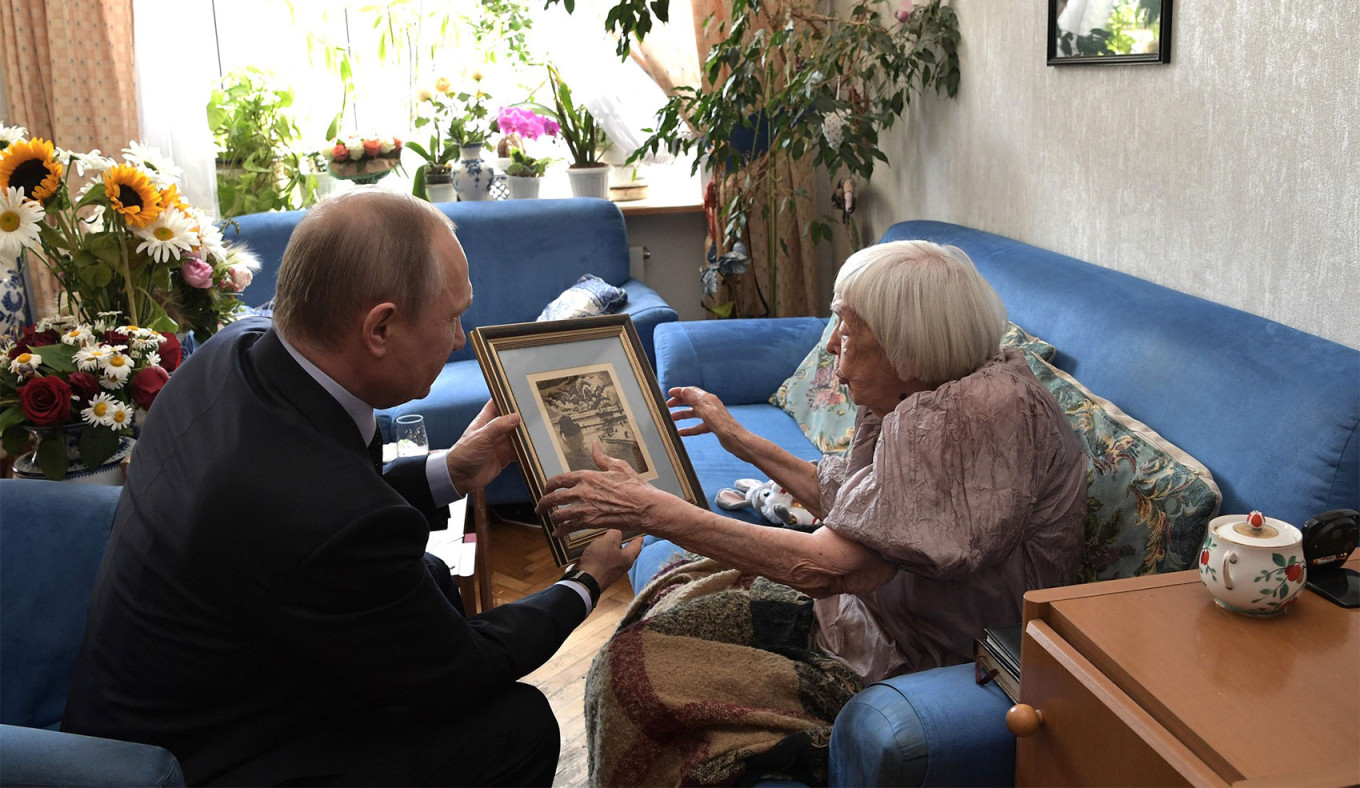
The relaunched MHG took on a leading role in the protection of human rights in post-Soviet Russia.
But the group’s fortunes reversed with the introduction of the so-called “foreign agent” law in 2012, which forced the MHG to suspend all ties with its foreign donors.
Despite the group facing increasing levels of repression and souring relations with the Kremlin, Russian President Vladimir Putin presented the group’s founding member and then-head Alexeyeva with a state award in 2017.
“Today’s award is a sign of gratitude to Lyudmila Mikhailovna for the years, for the decades that she devoted to human rights activities,” Putin said of Alexeyeva, a vocal critic of the Kremlin, at the ceremony.
In recent years, the MHG has devoted its efforts to sending proposed legislative initiatives to the State Duma, requesting the transfer of those held in pre-trial detention to house arrest, calling for an amnesty of prisoners, and urging the state to better protect journalists.
One of its most significant campaigns was the provision of legal assistance to Belarusian citizens facing persecution in the aftermath of the 2020 anti-government protests in Belarus.
In March, the MHG published a statement condemning Russia’s invasion of Ukraine.
“We are witnessing the collapse of the European security system. Our organization was founded by veterans of the Great Patriotic War, and therefore what is happening now is unthinkable and bitter for us,” the MHG statement read, using the Russian name for World War II.
“We did not start this war, but it depends on us how many more lives it will take, how many destinies it will destroy. The war must stop. And this is our responsibility.”
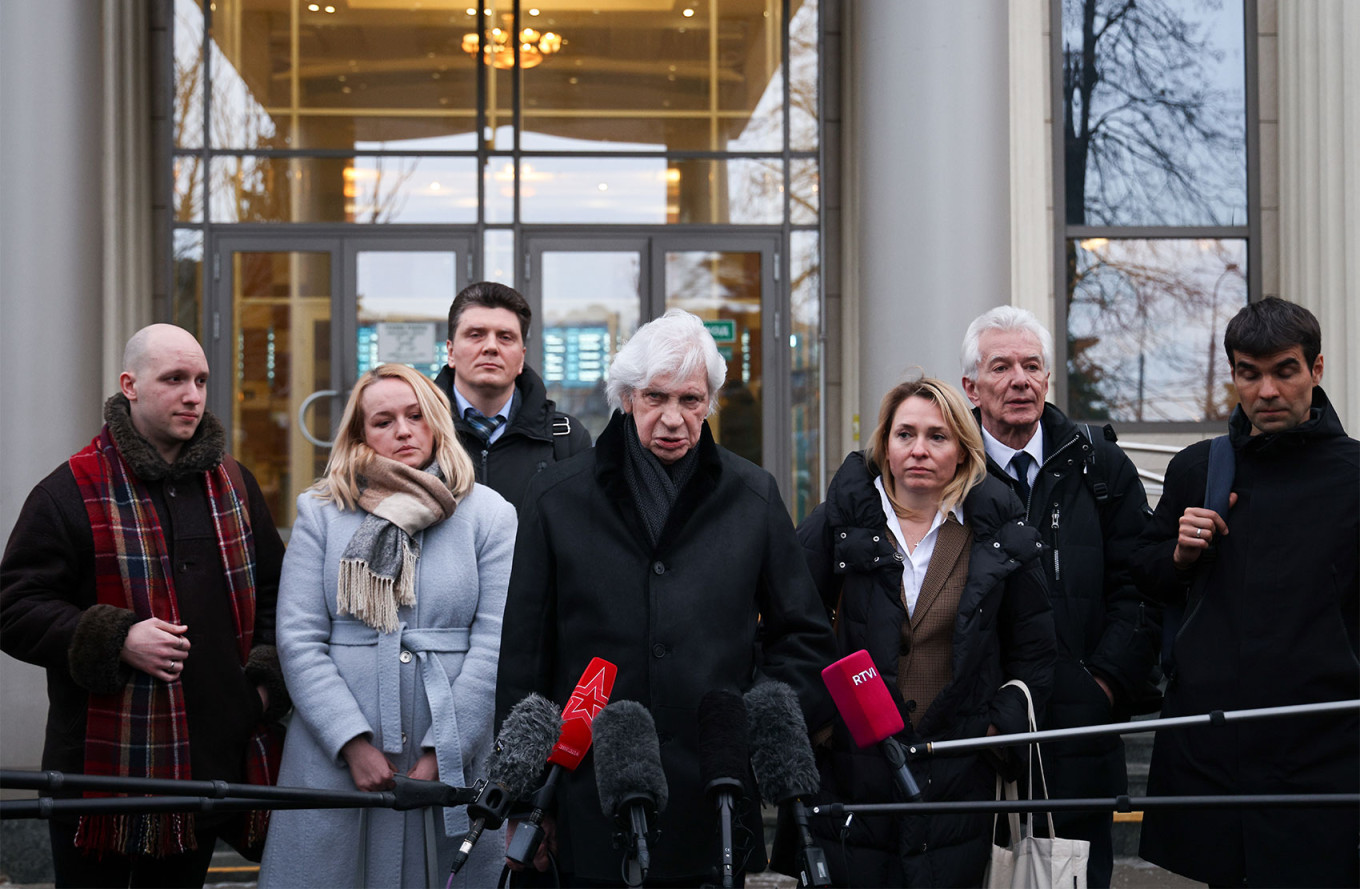
Though the group faced no direct repercussions for its outspokenly anti-war stance, Russia’s Justice Ministry started the process of dissolving the organization in December.
The lawsuit was allegedly based on the results of an unscheduled inspection by the Moscow Prosecutor's Office, which took place the previous month.
“The closure of the Moscow Helsinki Group is an indicator of just how bad Russia’s human rights situation has become — it was destroyed by the powers that be as they have no need of independent public platforms and people who have an independent opinion,” said Sergei Krivenko, an MHG member and the director of human rights group Citizen. Army. Law.
“Since the start of the war, the state ceased its support and interaction with human rights organizations,” Krivenko told The Moscow Times.
Lawyer and MHG member Genri Reznik said on Wednesday that the organization would appeal the court’s ruling dissolving the organization.
The ruling was met with international condemnation as well.
The Organization of Security and Cooperation in Europe’s Human Rights Office warned that it undermined Russia’s commitment to OSCE principles.
“This move further undermines freedom of association in the Russian Federation,” the office said in a statement.
And it was criticized by human rights group Amnesty International.
“The Russian authorities' dismantling of the oldest human rights group in the country will go down in history as a shameful act,” Marie Struthers, Amnesty International’s Director for Eastern Europe and Central Asia, said in a statement released Thursday.
“The decision to liquidate Moscow Helsinki Group is unlawful and must be reversed, and the repression of civil society must stop. Russia and its people deserve better.”
A Message from The Moscow Times:
Dear readers,
We are facing unprecedented challenges. Russia's Prosecutor General's Office has designated The Moscow Times as an "undesirable" organization, criminalizing our work and putting our staff at risk of prosecution. This follows our earlier unjust labeling as a "foreign agent."
These actions are direct attempts to silence independent journalism in Russia. The authorities claim our work "discredits the decisions of the Russian leadership." We see things differently: we strive to provide accurate, unbiased reporting on Russia.
We, the journalists of The Moscow Times, refuse to be silenced. But to continue our work, we need your help.
Your support, no matter how small, makes a world of difference. If you can, please support us monthly starting from just $2. It's quick to set up, and every contribution makes a significant impact.
By supporting The Moscow Times, you're defending open, independent journalism in the face of repression. Thank you for standing with us.
Remind me later.




